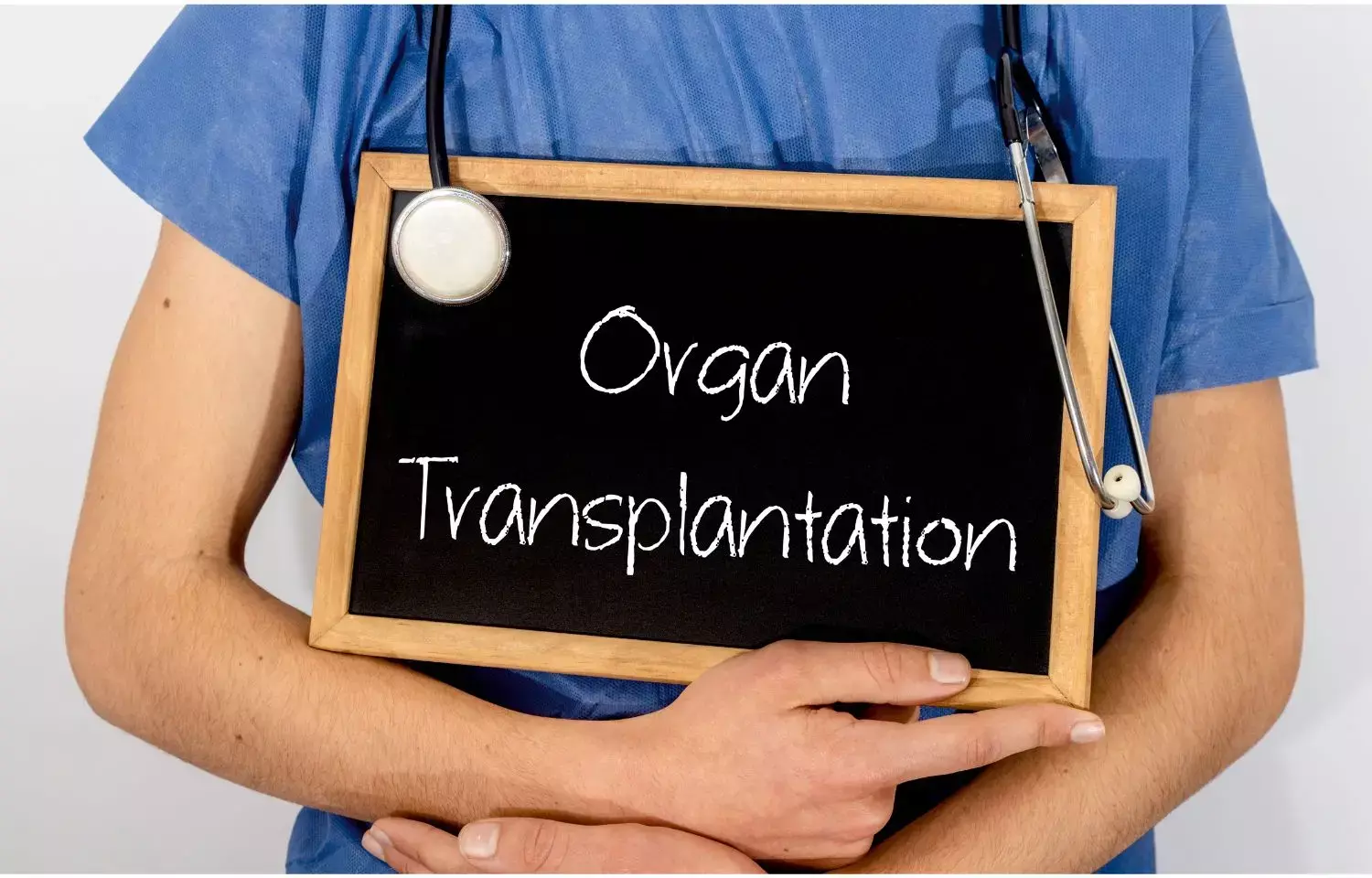- Home
- Medical news & Guidelines
- Anesthesiology
- Cardiology and CTVS
- Critical Care
- Dentistry
- Dermatology
- Diabetes and Endocrinology
- ENT
- Gastroenterology
- Medicine
- Nephrology
- Neurology
- Obstretics-Gynaecology
- Oncology
- Ophthalmology
- Orthopaedics
- Pediatrics-Neonatology
- Psychiatry
- Pulmonology
- Radiology
- Surgery
- Urology
- Laboratory Medicine
- Diet
- Nursing
- Paramedical
- Physiotherapy
- Health news
- Fact Check
- Bone Health Fact Check
- Brain Health Fact Check
- Cancer Related Fact Check
- Child Care Fact Check
- Dental and oral health fact check
- Diabetes and metabolic health fact check
- Diet and Nutrition Fact Check
- Eye and ENT Care Fact Check
- Fitness fact check
- Gut health fact check
- Heart health fact check
- Kidney health fact check
- Medical education fact check
- Men's health fact check
- Respiratory fact check
- Skin and hair care fact check
- Vaccine and Immunization fact check
- Women's health fact check
- AYUSH
- State News
- Andaman and Nicobar Islands
- Andhra Pradesh
- Arunachal Pradesh
- Assam
- Bihar
- Chandigarh
- Chattisgarh
- Dadra and Nagar Haveli
- Daman and Diu
- Delhi
- Goa
- Gujarat
- Haryana
- Himachal Pradesh
- Jammu & Kashmir
- Jharkhand
- Karnataka
- Kerala
- Ladakh
- Lakshadweep
- Madhya Pradesh
- Maharashtra
- Manipur
- Meghalaya
- Mizoram
- Nagaland
- Odisha
- Puducherry
- Punjab
- Rajasthan
- Sikkim
- Tamil Nadu
- Telangana
- Tripura
- Uttar Pradesh
- Uttrakhand
- West Bengal
- Medical Education
- Industry
Therapeutic hypothermia not as good as machine perfusion for Kidney Transplant: NEJM

Organ Transplantation
Researchers have found in a new study that therapeutic hypothermia was less effective than device perfusion of the kidney in minimizing delayed graft function in brain-dead organ donors.In other words therapeutic hypothermia of donors didn't preserve kidney function as well as machine perfusion of the organ during cold storage.
The research was published in The New England Journal of Medicine.
The delayed graft function in kidney recipients following transplantation has been found to be decreased by therapeutic hypothermia in brain-dead organ donors. Data are required to compare hypothermia and machine perfusion's effects on outcomes following kidney transplantation. In order to test their idea, Darren Malinoski and his team undertook this investigation.
Researchers randomly assigned brain-dead kidney donors at six American organ procurement institutions to receive therapeutic hypothermia (hypothermia group), ex situ renal hypothermic machine perfusion (which is considered as machine-perfusion group), or both (combination-therapy group). Delay in graft function in kidney transplant patients was the main result (defined as the initiation of dialysis during the first 7 days after transplantation). Additionally, they assessed whether combining the two techniques was more effective than either of the separate treatments and if hypothermia alone was noninferior to machine perfusion alone. One year after the transplant, graft survival was one of the secondary outcomes.
The key findings of this study were:
1349 kidneys were donated from the 725 enrolled donors: 359 kidneys underwent hypothermia, 511 had machine perfusion, and 479 underwent combination treatment.
In the hypothermia group, 109 patients (30%), the machine-perfusion group, 99 patients (19%), and the combination treatment group, 103 patients (22%) all experienced delayed graft function.
In comparison to machine perfusion, hypothermia had an adjusted risk ratio for delayed graft function of 1.72, combination treatment had an adjusted risk ratio of 1.09, and hypothermia had an adjusted risk ratio of 1.57.
The incidence of graft survival at one year was comparable across the three groups.
10 negative events in total were noted, including cardiovascular instability in 9 donors and organ loss in 1 donor as a result of a perfusion issue.
In conclusion, hypothermia and mechanical perfusion did not offer any further protection.
Reference:
Malinoski, D., Saunders, C., Swain, S., Groat, T., Wood, P. R., Reese, J., Nelson, R., Prinz, J., Kishish, K., Van De Walker, C., Geraghty, P. J., Broglio, K., & Niemann, C. U. (2023). Hypothermia or Machine Perfusion in Kidney Donors. In New England Journal of Medicine (Vol. 388, Issue 5, pp. 418–426). Massachusetts Medical Society. https://doi.org/10.1056/nejmoa2118265
Neuroscience Masters graduate
Jacinthlyn Sylvia, a Neuroscience Master's graduate from Chennai has worked extensively in deciphering the neurobiology of cognition and motor control in aging. She also has spread-out exposure to Neurosurgery from her Bachelor’s. She is currently involved in active Neuro-Oncology research. She is an upcoming neuroscientist with a fiery passion for writing. Her news cover at Medical Dialogues feature recent discoveries and updates from the healthcare and biomedical research fields. She can be reached at editorial@medicaldialogues.in
Dr Kamal Kant Kohli-MBBS, DTCD- a chest specialist with more than 30 years of practice and a flair for writing clinical articles, Dr Kamal Kant Kohli joined Medical Dialogues as a Chief Editor of Medical News. Besides writing articles, as an editor, he proofreads and verifies all the medical content published on Medical Dialogues including those coming from journals, studies,medical conferences,guidelines etc. Email: drkohli@medicaldialogues.in. Contact no. 011-43720751


